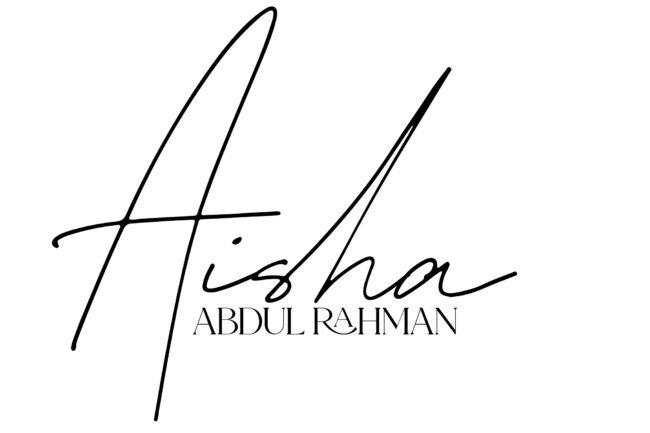
01 Apr Using ChatGPT for African American Genealogy Research
In today’s digital age, uncovering your family history has never been easier, thanks to innovative tools like ChatGPT. This advanced AI model, developed by OpenAI, offers a wealth of possibilities for genealogy enthusiasts seeking to delve into their ancestry and discover hidden connections. In this blog post, we’ll explore the pros of using ChatGPT for genealogy research, along with important considerations and limitations to keep in mind.
Pros of Using ChatGPT for Genealogy Research:
1. Access to Vast Knowledge:
ChatGPT has been trained on a vast corpus of text data, including historical records, genealogical databases, and scholarly articles. This means it can provide valuable insights into historical events, family lineages, and cultural practices relevant to your genealogical research.
2. Quick Answers to Queries:
Whether you’re seeking information about a distant ancestor, deciphering old documents, or uncovering migration patterns, ChatGPT can provide quick answers to your queries. Its ability to comprehend and generate human-like responses makes it an invaluable tool for navigating complex genealogical inquiries.
3. Assistance with Documentation:
ChatGPT can assist with transcribing handwritten documents, deciphering old handwriting styles, and translating foreign languages commonly encountered in genealogical research. This can save researchers valuable time and effort, allowing them to focus on analyzing and interpreting the information.
4. Generation of Hypotheses:
By analyzing existing genealogical data and historical records, ChatGPT can help generate hypotheses or potential leads for further investigation. Its ability to recognize patterns and correlations within vast datasets can uncover connections that may have otherwise gone unnoticed.
5. Collaboration and Networking:
Genealogy enthusiasts can leverage ChatGPT to connect with like-minded individuals, share research findings, and collaborate on collective projects. This fosters a sense of community among researchers and allows for the exchange of knowledge and expertise.
Things to Be Mindful Of:
1. Accuracy and Reliability:
While ChatGPT can provide valuable insights, it’s essential to verify the accuracy and reliability of the information obtained. Cross-referencing multiple sources and consulting with domain experts can help ensure the validity of your research findings.
2. Data Privacy and Security:
When using ChatGPT for genealogy research, be mindful of the sensitivity of personal and familial data. Avoid sharing sensitive information without proper consent, and adhere to best practices for data privacy and security.
3. Interpretation of Results:
ChatGPT generates responses based on the input it receives, but its understanding may be limited by the context of the query. Exercise caution when interpreting results and be prepared to critically evaluate the information provided.
Limitations of ChatGPT:
1. Lack of Contextual Understanding:
While ChatGPT excels at processing text data, it may lack contextual understanding of specific historical events or cultural nuances. Researchers should be prepared to provide additional context and interpretation as needed.
2. Incomplete or Biased Data:
The training data used to develop ChatGPT may contain biases or gaps, which can influence the responses generated. Researchers should be aware of these limitations and take steps to mitigate bias when conducting genealogical research.
3. Complex Queries:
ChatGPT may struggle to handle highly complex or ambiguous queries, leading to incomplete or inaccurate responses. Breaking down queries into simpler, more specific questions can help improve the accuracy of the results.
ChatGPT holds immense potential as a valuable tool for genealogy research, offering quick access to vast knowledge and assistance with documentation and analysis. However, researchers should approach its use with mindfulness of its limitations and exercise caution when interpreting results. By leveraging ChatGPT alongside traditional research methods and best practices, genealogy enthusiasts can unlock new insights into their family history and preserve their ancestral legacy for future generations.



